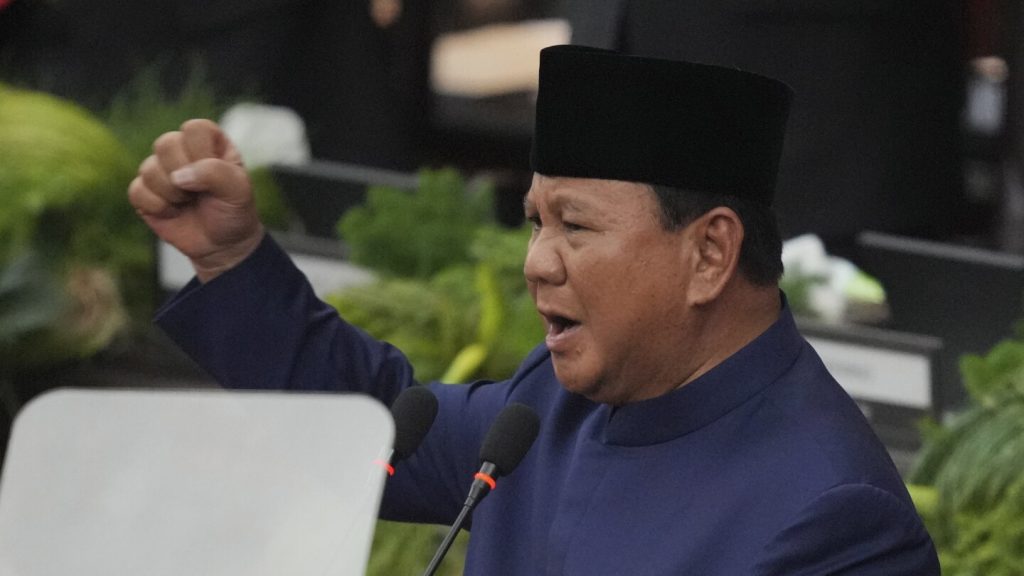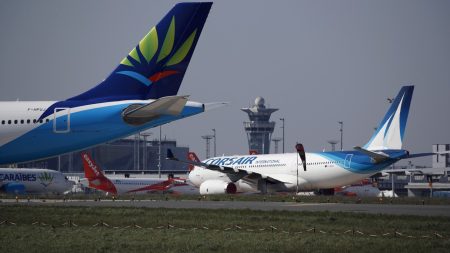JAKARTA, Indonesia (AP) — Prabowo Subianto was inaugurated as the eighth president of Indonesia, the world’s most populous Muslim-majority nation. The former defense minister, who turned 73 on Thursday, took his oath on the Quran in front of lawmakers and foreign dignitaries. Thousands of supporters cheered him through the streets of Jakarta as he made his way to the presidential palace. Subianto pledged continuity with the policies of the popular outgoing president, Joko Widodo, including the construction of a new capital city and limits on exporting raw materials.
Subianto, who was sworn in with his vice president, Gibran Rakabuming Raka, the son of Widodo, ran as Widodo’s heir and was supported by him in the presidential election. Despite being a longtime rival of Widodo, Subianto formed an alliance with him and won a landslide victory in February. The newly inaugurated president will be leading a massive, diverse nation with a booming economy and a rapidly expanding middle class. His inauguration ceremony was attended by leaders and senior officials from over 30 countries, including the United States and China.
A former general with a controversial past, Subianto was expelled from the army in 1998 over accusations of human rights abuses. He spent years in self-imposed exile in Jordan, where he met with King Abdullah II bin Al-Hussein earlier this year. Subianto has promised to continue Widodo’s efforts to modernize Indonesia’s economy and infrastructure while tackling corruption. He has vowed to push through ambitious projects like the new capital city on Borneo and provide free school lunches to millions of students.
Subianto’s inauguration speech emphasized his commitment to fighting corruption and improving the lives of the Indonesian people. He spoke out against poverty, malnutrition, and lack of education for children, promising to create a better future for all citizens. The new president also pledged to maintain a non-aligned foreign policy, stand against colonialism, and defend the interests of oppressed people worldwide. Subianto’s leadership style and international approach have already garnered attention and positive feedback from analysts and foreign officials.
Subianto’s presidency marks a significant turn in Indonesia’s political landscape, as he transitions from a controversial figure to the leader of the world’s third-largest democracy. With his promises of policy continuity and his commitment to fighting corruption and improving the economy, Subianto faces high expectations from the Indonesian people. As he embarks on his term, all eyes will be on how he governs the country and navigates regional tensions and global economic challenges.















